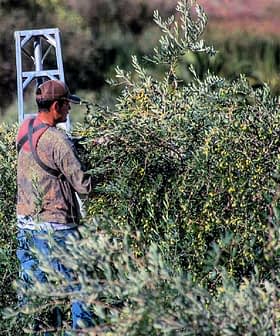The Very Italian Problem at California Olive Ranch
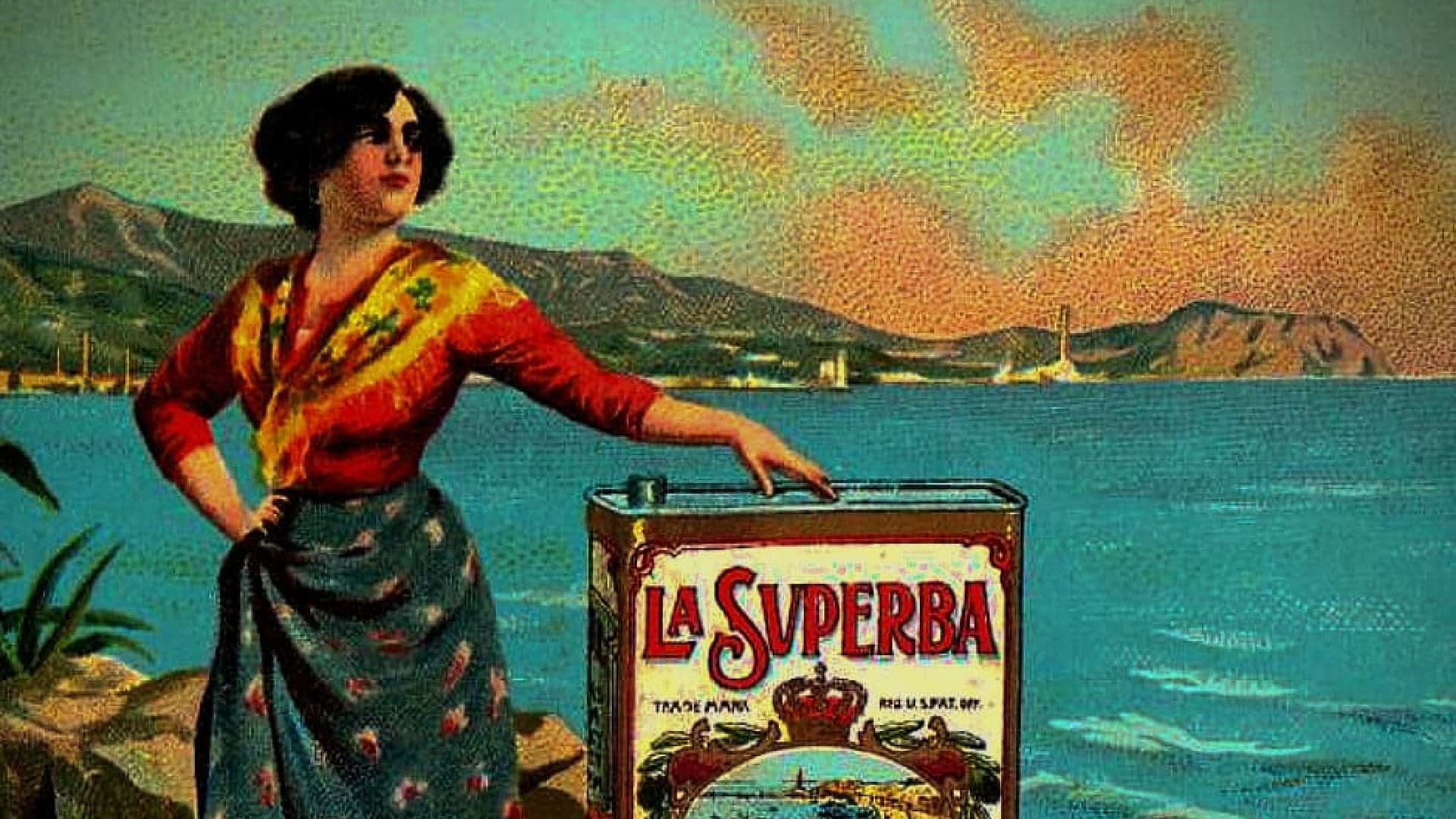
The article discusses the competition between American and foreign olive oil producers, focusing on California Olive Ranch’s efforts to level the playing field with European producers. It also highlights the issue of deceptive labeling practices in the olive oil industry, with California Olive Ranch facing criticism for misleading consumers with its “Crafted in California” label.
Some of you might have been in Washington with me in December 2012 for a hearing at the United States International Trade Commission (USITC) on the conditions of competition between American olive oil producers and major foreign suppliers.
Olive Oil Times was just a few years into covering industry news, and the USITC hearings felt like a big deal at the time – a courtroom drama pitting upstart American producers against old-guard importers.
The main protagonist was California Olive Ranch (COR), which had been lobbying for an “even playing field” with European producers who enjoyed, COR and others argued, unfair advantages, including government subsidies. At the same time, they skirted quality standards and labeling rules.
“Once the U.S. olive oil industry is allowed to compete in a market fairly based on price and quality,” COR vice president Adam Englehardt said at the proceedings, “consumers will be able to make informed purchasing decisions based on reliable labels and standards.”
More than 95 percent of the olive oil Americans consume is imported. That trade imbalance, Englehardt argued, “would be expected if the U.S. was incapable of producing olive oil in large quantities.” But COR was experiencing explosive growth at the time – buying land and making top-dollar deals with farmers as they worked their way onto the shelves of American grocery stores.
The hearing came on the heels of a groundbreaking UC Davis report, dubiously financed in part by California producers, that found more imported olive oils to be mislabeled than domestic ones. Then came a book, Extra Virginity by Tom Mueller, that revealed the dark side of the olive oil business.
Mainstream news whipped their readers into a frenzy with sensational headlines decrying olive oil fraud in the Old World, and COR was flying high – waving its California flag when consumer mistrust and Buy American sentiment were at their peak.
Then reality set in.
Another energetic upstart, Boundary Bend, flew in from Australia, set up shop in the Golden State and started paying farmers even more than COR had been. European firms expanded their operations in the Central Valley. And erratic weather, droughts and fires introduced elements of uncertainty into COR’s neat, high-density rows of young Arbequina plants.
I was surprised when we reported in 2012 that COR was negotiating to buy a brand of Italian olive oil, Lucini. I chalked it up to a strategy by the company to broaden the distribution of its homegrown oils to specialty stores where Lucini was presumably stronger.
COR’s CEO at the time was Gregg Kelley, a former Silicon Valley executive who knew how to raise cash – and he did. With new investors to appease and the company’s original Spanish backers, the pressure to keep up the frenetic growth must have led to the next move.
“Our key challenge is supply,” Kelley said in 2015, shortly after the Lucini acquisition. “We have enough land and resources here in California to satisfy the present demand,” he told Olive Oil Times. “You’ve got to remember that we’re operating with a view to the long term.”
COR’s need for continued growth and the realization that California alone couldn’t satisfy much of America’s 350,000-ton thirst for olive oil was what led Kelley’s team to South American and European suppliers – those dreaded imported oils that COR and its lobbyists spent so much time vilifying a few years earlier.
“We started by putting California on the map with COR,” Kelley told us in 2017, “and now we hope to bring attention to Argentina.” COR may have wanted to raise the profile of Argentinian producers, but not enough for a shoutout on the label.
In 2018, COR unveiled its “Destination Series” in the brand’s recognizable packaging. Kelley must have been channeling his inner Cupertino when he okayed the slogan “Grown Globally, Crafted in California” that appeared in relatively small lettering under the “California” umbrella.
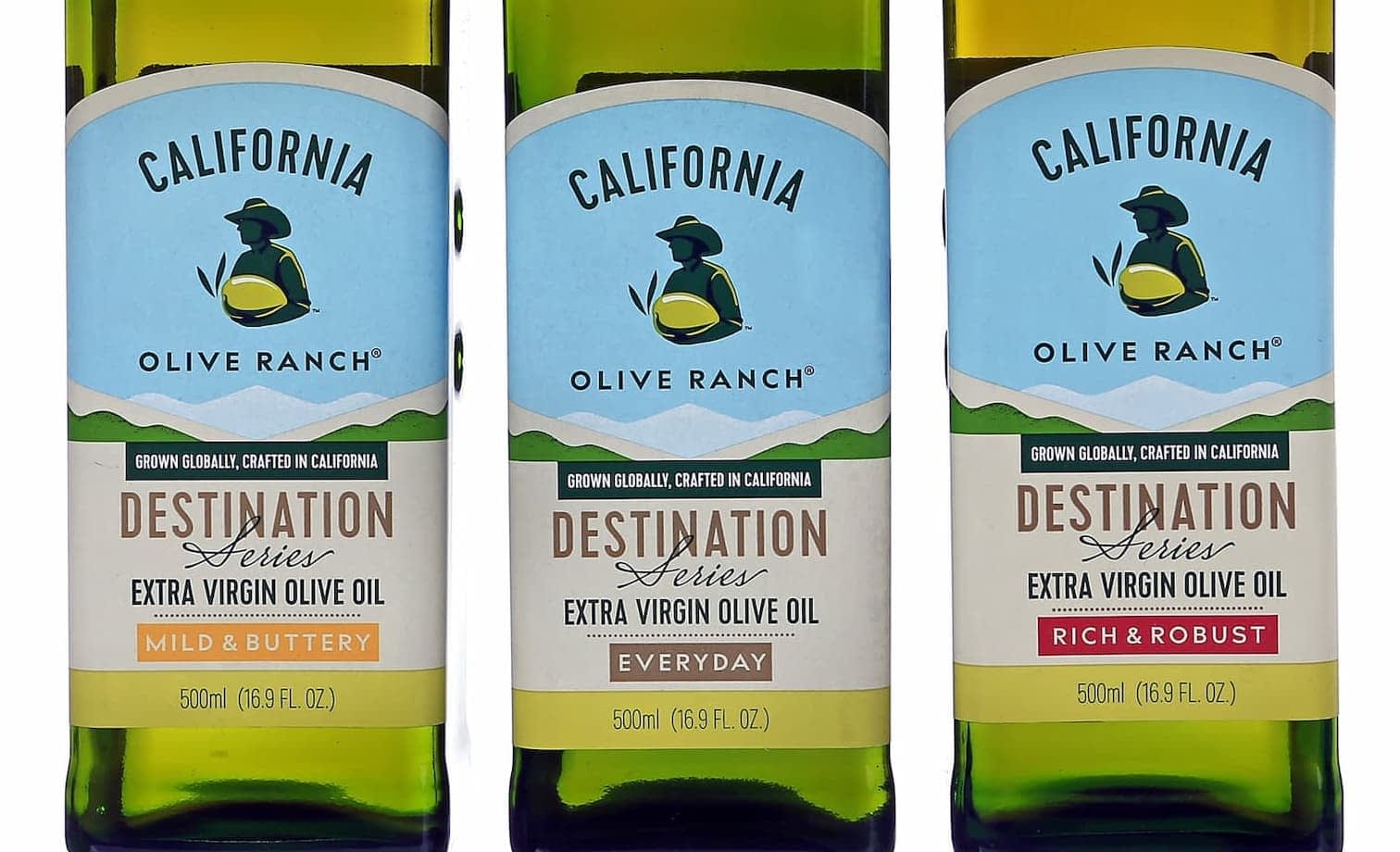
It’s classic “if you can’t beat ’em, join ’em.” Suddenly, COR was a beneficiary of the subsidies they bemoaned. And for all their talk of truthful labels, many accused the brand of sporting one of the most deceptive labels in town.
Italy can relate.
Since forever, Italian olive oils have enjoyed a hard-earned reputation as the best on earth. The trouble has always been that there’s very little to go around. Italians consume more than the country produces. How have they managed to export a half-million tons to distant shores every year?
Like “Crafted in California,” there was “Product of Italy,” the slam-dunk selling point good enough to land Italian-blessed (if not produced) olive oils in every store and nearly every kitchen in the world.
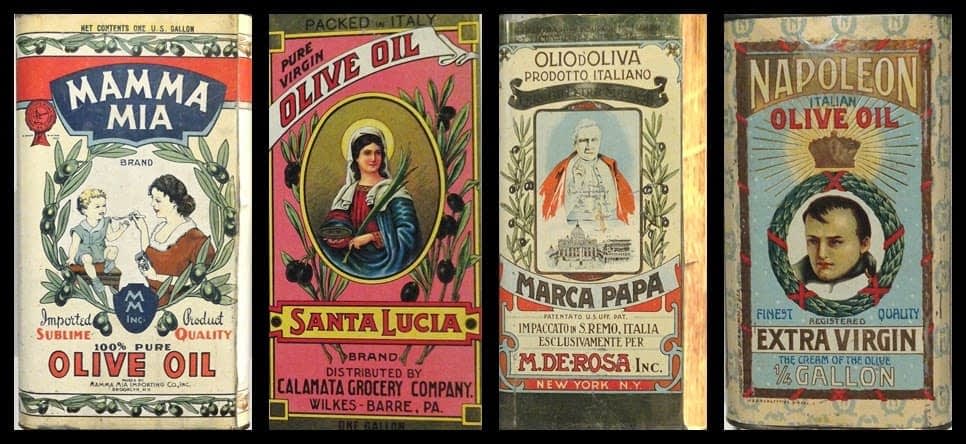
Oils from Spain, Morocco, Greece, and Tunisia were masterfully blended and packaged in bottles and tins with Italian brand names and images, and they were declared Products of Italy. Most of the olive oil that truly was Italian never left The Boot.
Then things started to change. Spain grew tired of basically devoting a third of its country to a profitless commodity and began efforts to fly its own flag, establish brands and add value. And Italian farmers started expressing unease with products claiming to be Italian when they weren’t.
The “Made in Italy” campaign began shaming companies that sought to deceive consumers, and new rules were written to force bottlers to be more transparent about the origins of oils in Europe and beyond.
And that’s what’s happening now in California.
New legislation, AB-535, under debate, would prohibit the use of “California olive oil,” “California olives,” or other similar terms in brand names and packaging not produced from California-grown olives.
“This is in response to the growing devaluation of California extra virgin olive oil by California Olive Ranch’s products that cynically and with false representations carry the name California marqueed across their label to give consumers the impression the olive oil is from California,” Alan Hilburg, the founder of the recently-formed California Coalition for Truth in Olive Oil Labeling, told Olive Oil Times.
But COR sees it differently. “The olive oil labels that AB-535 regulates are not misleading when they conspicuously identify their product’s region of origin,” the company’s new CEO, Michael Fox, told Olive Oil Times. But if COR really wanted to be clear about the origin, why not create a separate brand for them, like its Lucini line?
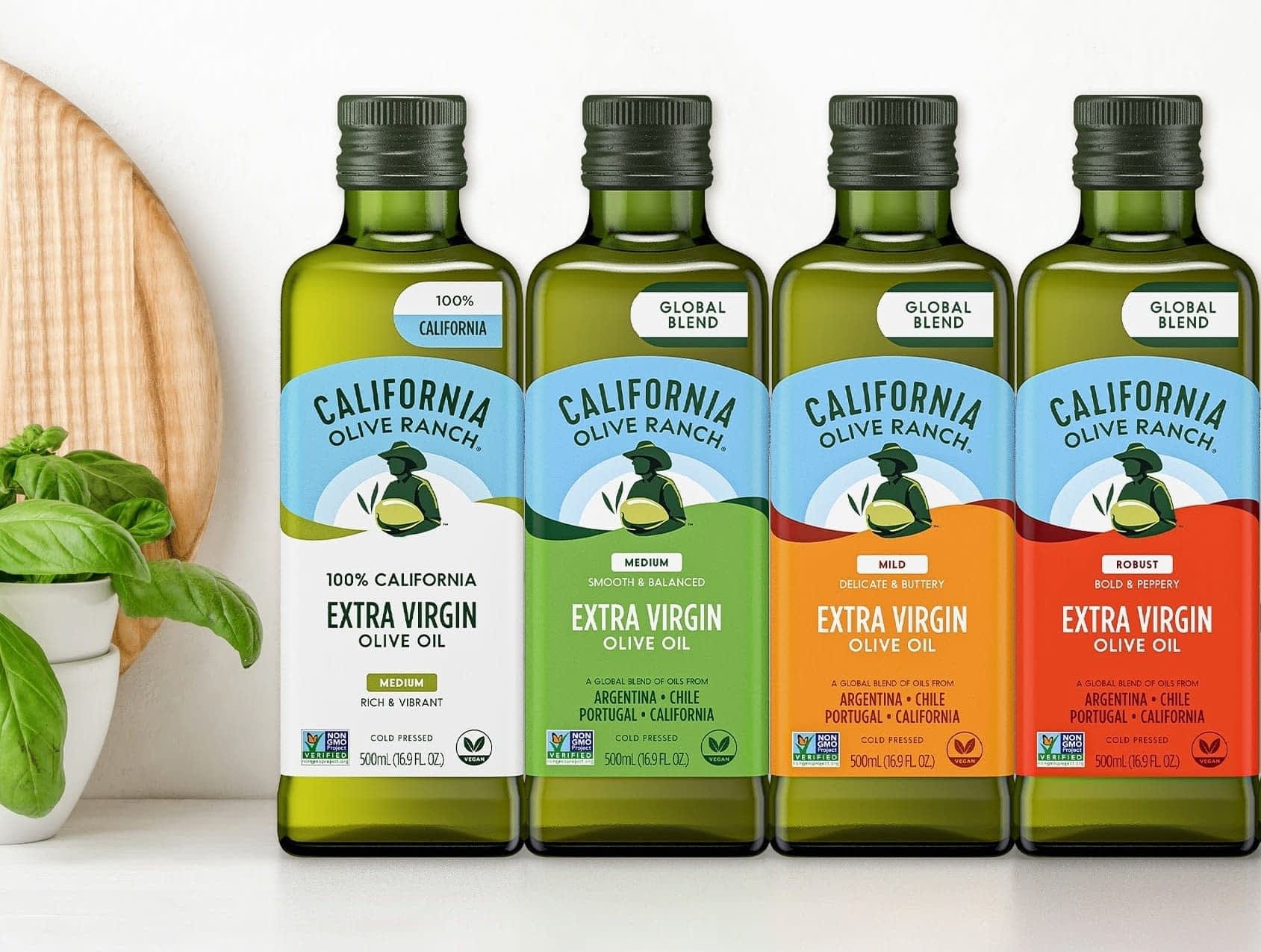
In their 2019/20 membership agreement, the California Olive Oil Council announced a new rule: “If use of ‘California’ in any phrase such as company name, brand name, or other word or group of words, or images that identify California on the label of any oil sold by the member, then 100 [percent] of the fruit to produce the oil must come solely from the state of California.”
That made COR ineligible for membership in the group. A spokesperson for the company said they had no intention of rejoining the COOC anyway.
The writing is on the wall. But the real problem here isn’t that people can’t tell if an oil is made in California or elsewhere from the label. The problem is that they care.
Whether an extra virgin olive oil is made in Italy, California, Tunisia or Slovenia shouldn’t be the most important factor in buying decisions. Sure, it’s nice to see the origin without wordplay and deception, but what matters is: Is it any good?
High-quality extra virgin olive oil is crafted in dozens of countries worldwide, and producers of excellence, wherever they are, deserve your business.
The issue is that people don’t know how to determine quality independently, so they rely on cryptic information on labels that follow few rules.
Crafted in California is another entry in a long list of meaningless marketing terms, like Product of Italy and cold-pressed.
In a perfect world, we’d all know how good extra virgin olive oil should taste, and nationalism wouldn’t have much of a role in our buying decisions. Until then, this is how it will go.






